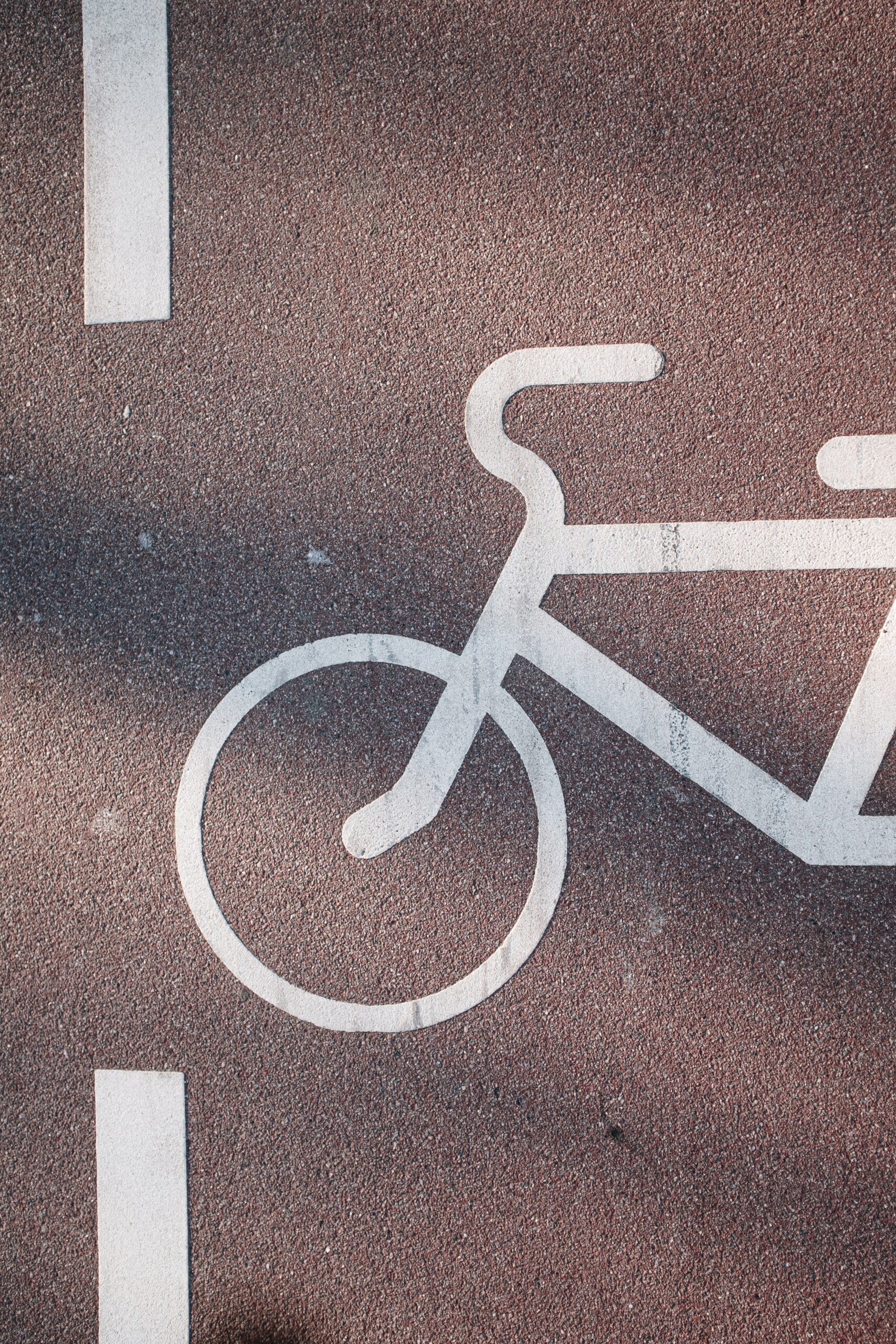Dublin City Council has announced a new project inviting children across the city to help design cycle routes.
The Bicycle Heroes Project is being rolled out in partnership with Trinity College Dublin and European Partners, and is being co-ordinated by Dublin Bicycle Mayor, Councillor Donna Cooney.
It will facilitate children from DEIS schools to create solutions to cycling barriers on their school route and to Trinity College.
The programme has been piloted by coordinating organisation BYCS over the last five years in the Netherlands.
BYCS is an Amsterdam-based global NGO supporting community-led urban change through cycling.
Nearly 10,000 children have taken part in the initial awareness and problem-solving phase of the program, leading to the selection of approximately 150 Bicycle Heroes.
“Bicycle Heroes compliments Dublin City Councils School Mobility Programme which has seen the installation of almost 70 School Zones in the past 18 months,” said Schools Mobility Outreach Officer for Dublin City Council, Niamh Ní Cholmain.
“School Zones demarcate an area of public space around school entrances where the dropping off or collecting of children using cars is discouraged.
“It also ties in with our Safe Routes to School Project which looks beyond the school gate and aims to increase the number of students who walk or cycle to school by providing safe walking and cycling routes to school.
“It is essential that children influence the design of these schemes – they are the ones who are most affected and they are the voice of the future.”
Dublin Bicycle Mayor and project manager of the Dublin Bicycle Heroes Project, Donna Cooney said: “I’m so excited about coordinating the first BYCS Bicycle Heroes project in Dublin with partners Dublin City Council and Trinity College.
“We will be working with groups of children aged 10 to 15 years, to give them the tools to enable them to reimagine their city space to meet their needs.
“Children will be empowered by designing, exhibiting and presenting to transport engineers, planners and decision makers to influence the design of Dublin City spaces for their own future active transport needs.”
Children have a unique perspective on their surroundings yet often go unheard. That’s why a coalition of organisations are enabling young people to tackle urban challenges head on with a project shared between Dublin, Lisbon and Rome, that gives city building tools to children.
